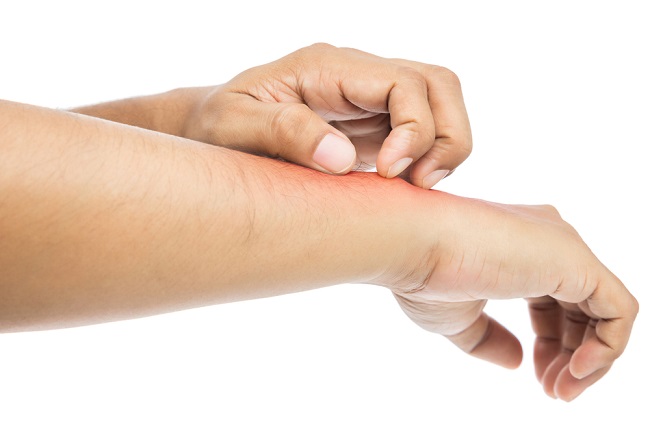A symptom of an arrhythmia is that the heart beats faster, slower, or irregularly. Although it sounds simple, these symptoms can interfere with the daily activities of some sufferers.
Symptoms of arrhythmias vary according to the type of arrhythmia experienced. Basically, an arrhythmia is a heart rhythm disorder. People with arrhythmias may feel that their heart rhythm is too fast (tachycardia), too slow (bradycardia), or irregular.

In fact, almost everyone experiences occasional arrhythmias and they are usually harmless. However, if it occurs continuously for no apparent reason, an arrhythmia can indicate a problem with your heart.
Some Symptoms of Arrhythmia
The following are some of the symptoms of arrhythmia according to its type:
Tachycardia
Tachycardia is a common symptom of arrhythmias. This condition is characterized by a heart rate that beats more than 100 beats per minute, while generally a healthy adult's heart beats between 60-100 beats per minute.
For most people, it's normal to experience an accelerated heart rate, such as during exercise or as the body's response to stress, trauma, and illness. But in people with arrhythmias, the heart rate can be fast even though there is no specific trigger.
Bradycardia
The opposite of tachycardia, bradycardia is a condition when the heart beats slower than normal. In this condition, the heart beats less than 60 times per minute.
Bradycardia usually causes no symptoms, but it can cause the brain and vital organs in the body to not get enough oxygen.
Irregular heart rhythm
In addition to a faster or slower heart rate, arrhythmia symptoms can also be an irregular heartbeat. In this condition, the heartbeat can:
- Feels like having a sudden extra beat
- Feels like it's too late to beat
- Feels like shaking for a few seconds
Arrhythmias can reduce the performance of the heart in pumping blood. As a result, the body's oxygen circulation can also be disrupted. This can cause several accompanying symptoms, such as:
- Chest pain
- Hard to breathe
- Anxiety disorders
- Easily tired when doing physical activity
- Lightheadedness or dizziness
- A cold sweat
- Faint
The symptoms of arrhythmias above can come and go, last a long time, or even be permanent. If not treated promptly, this irregular heart rhythm can lead to heart failure or sudden cardiac arrest.
In most cases, arrhythmias can be treated and sufferers can live with a normal heart rate again. Therefore, if you have some of the arrhythmia symptoms above, you should immediately consult a doctor so that the arrhythmia can be treated as early as possible.









